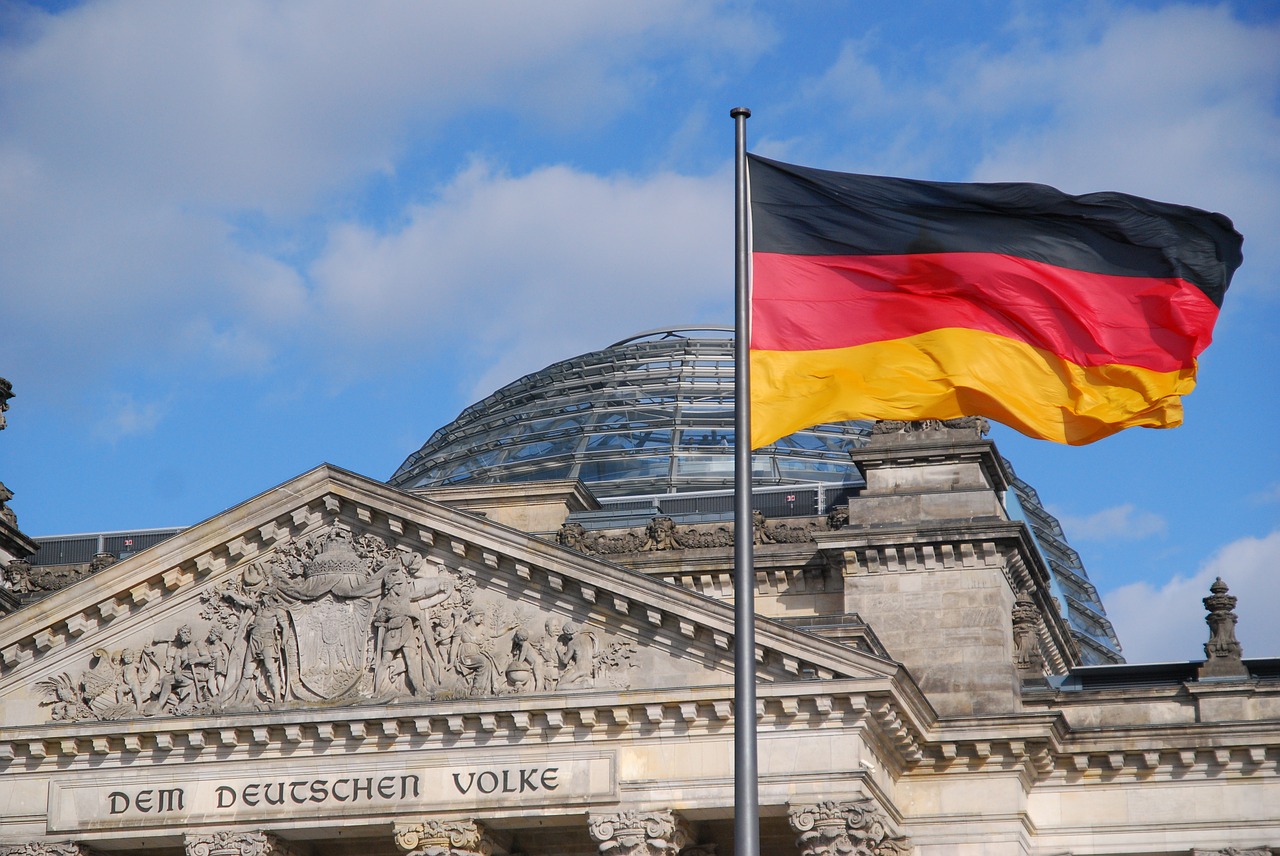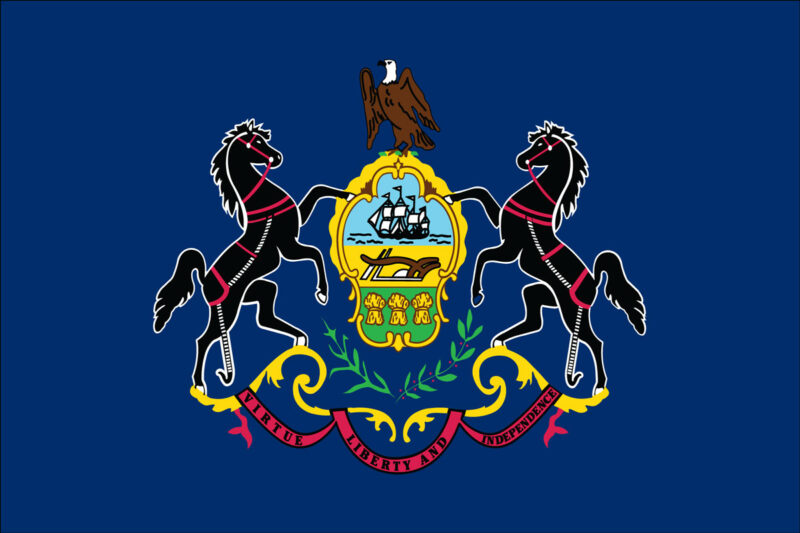A European gambling association is taking issue with Germany’s allegedly inequitable tax scheme governing online gambling operators who offer poker to German players. In a complaint filed with the European Commission, the European Gaming and Betting Association (EGBA) claims that Germany’s online poker tax rules give land-based gambling establishments an unfair competitive edge.

The EGBA’s complaint also asserts that Germany’s new tax rules violate existing EU rules governing allowable state aid to certain market segments. The EGBA, which represents a half-dozen large European operators, asserts that the new 5.3% rollover tax is being applied only to online poker (and not to comparable live games), resulting in an effective tax rate of four to five times that being charged to brick-and-mortar operators.
The new tax regime goes into effect on July 1 after being approved by all 16 German states. The changes have already prompted one operator, Unibet, to announce its withdrawal from Germany’s online poker market. Unibet is a part of Kindred Group, one of the six member EGBA companies.
EGBA asserts rollover tax would exceed actual GGR revenue
According to the EGBA, the new tax rates are so extreme that they would actually exceed the total gross gaming revenue (GGR) generated in some of Germany’s state-level jurisdictions. GGR is the most common method used to calculate taxes owed, and a percentage of the total GGR between 20% and 30% is a typical assessment across much of Europe’s well-regulated sphere.
Using the German state of Bavaria as an example, the EGBA asserts that the rollover tax would cause “online poker and slots stakes being taxed at rates 4-5 times higher than their equivalent in land-based casinos and rates 15 times higher than slots offered in land-based amusement arcades.”
The EGBA asserts that the relative advantage thus granted to Germany’s land-based casinos would result in a €290 million tax advantage each year. And, since taxes are just a portion of total revenue, the annual state aid alleged to violate EU rules amounts to at least €741 million.
Regulatory battles continue for Germany’s online gambling industry
Germany’s latest tax laws continue more than a decade of legislative struggle related to online gambling. Officials worked for years to create an equitable regulatory and licensing scheme that didn’t conflict with both the European Commission and the online gambling industry, and only recently turned their full attention to the new tax rates.
“We have previously made our concerns about the tax proposal known to the German authorities but to no avail and they will now need to justify the measure under EU law,” said the EGBA’s Secretary General, Martin Haijer. “We appreciate the efforts made in recent years towards introducing a new online gambling regulation in the country and recognise that an appropriate tax will need to be paid by online gambling operators.”
Stressing that German officials haven’t gone far enough to address his group’s concerns, Haijer claims the new tax rules are “punitively high and will distort market competition,” resulting in a direct benefit to land-based gambling establishments. The EGBA is calling on German politicians “to rethink the proposed tax rate and bring it closer in line with the tax rate applied to online casino products in other EU countries.”
The EGBA currently represents six prominent European online gambling operators, including Bet365, Betsson Group, Entain (which includes PartyPoker), Kindred Group, William Hill, and BOS.nu.


